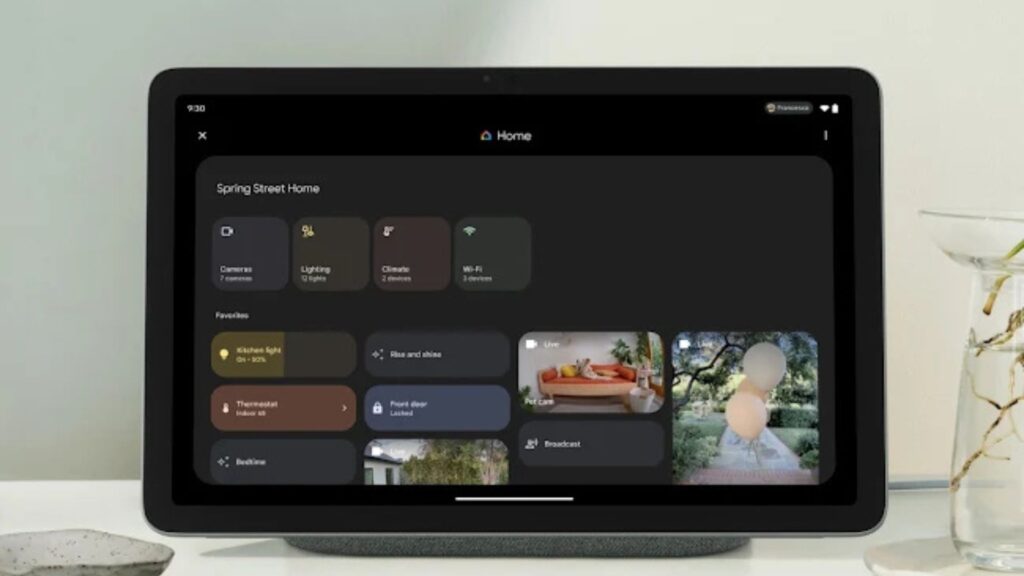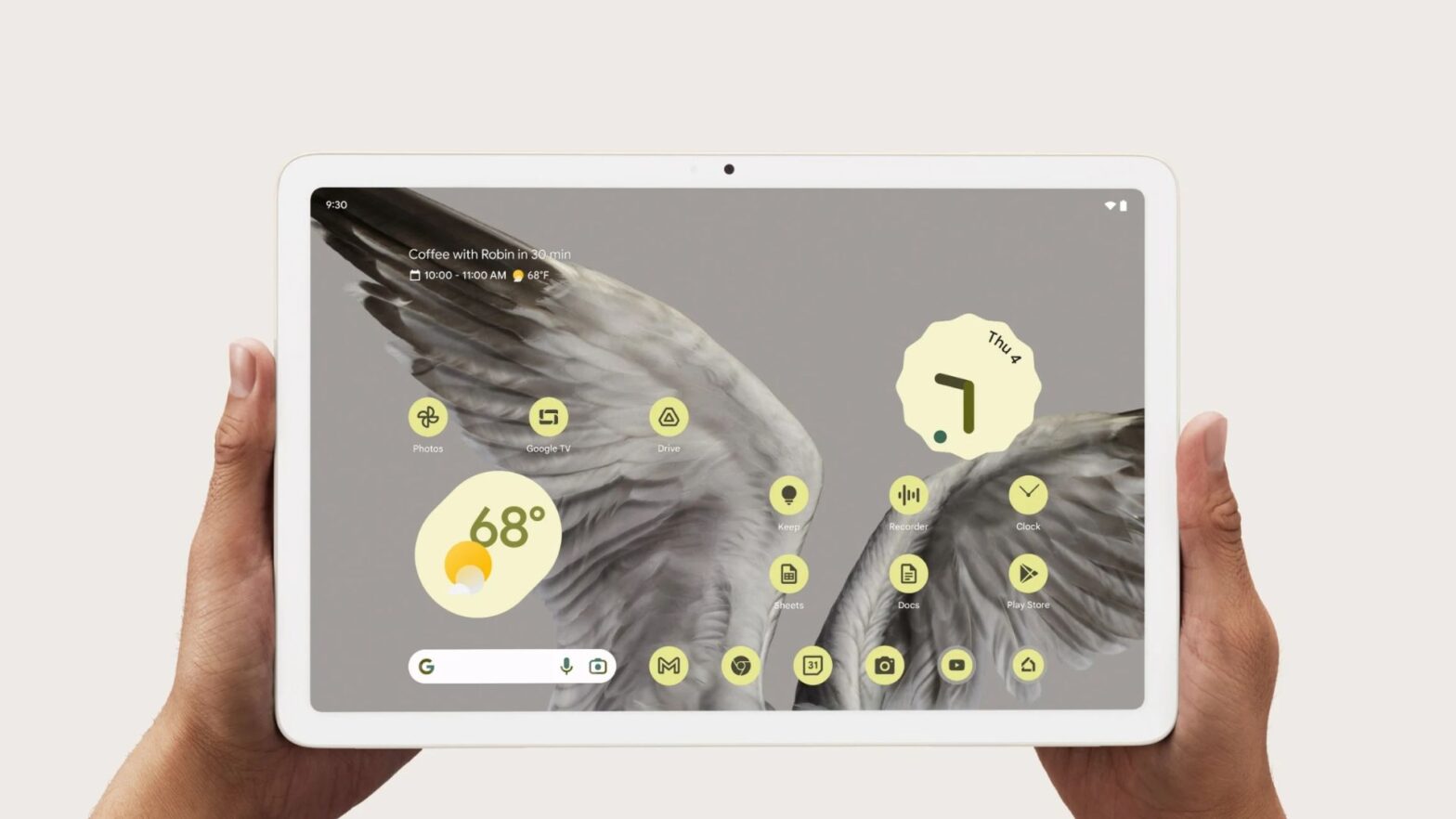In a move that has caught the tech world off guard, Google has reportedly canceled its Google Pixel Tablet 2, which was expected to launch in 2025. This decision raises a critical question: is this the end of Google’s tablet ambitions, or just another setback in its ongoing struggle to make a mark in a market dominated by Apple and Samsung?
The Pixel Tablet Saga: A Bumpy Ride
Google’s journey in the tablet market has been anything but smooth. After abandoning tablets in 2018 following the disappointing reception of the Pixel Slate, Google made a surprising return in 2023 with the launch of the Pixel Tablet. The tablet was a bold step back into the ring, featuring the Google Tensor chip and a unique speaker dock. However, despite these features, the Pixel Tablet’s reception was lukewarm at best. Sales figures fell short of expectations, and critics pointed to a lack of essential accessories and performance issues as key reasons for its underperformance.

This led to the cancellation of the Pixel Tablet 2, which had been slated for release in 2025. According to reports, the decision was driven by concerns over profitability and an uncertain market demand for tablets. Google appears to have re-evaluated its hardware strategy and decided to halt further investment in the category. But what does this mean for Google’s long-term hardware plans?
A Strategic Reevaluation
Industry insiders suggest that Google’s withdrawal from the tablet market reflects deeper issues with its overall hardware strategy. The company has long struggled to compete with Apple’s iPad and Samsung’s Galaxy Tab, which dominate the tablet space. In fact, Google’s biggest issue might not be the hardware itself, but the lack of software optimization for tablets, as Android is still far behind iPadOS in terms of third-party app support and tablet-specific features.

According to analysts, Google’s cancellation of the Pixel Tablet 2 may be a strategic pivot. The company could be considering shifting its focus away from traditional tablets and towards hybrid devices that blend elements of tablets and laptops, possibly integrating features from its Chrome OS and Android operating systems. Such a move could position Google to better compete with Apple’s iPad Pro and Samsung’s Galaxy Tab S series, while addressing the broader needs of consumers looking for a more versatile device.
Will Google Really Abandon Tablets?
While the Pixel Tablet 2’s cancellation is a significant setback, it’s unlikely that Google is completely abandoning the tablet category. Reports indicate that the company might still be working on a third-generation Pixel Tablet, which is rumored to be launching as late as 2027. This could indicate that Google is stepping back to rethink its approach, ensuring its next tablet release aligns more closely with market demands and consumer expectations.
Moreover, Google’s Nest division could also play a role in the future of large-screen devices. The Nest Hub and Hub Max have proven to be popular smart display options, and it’s possible that Google could expand its focus on smart home devices rather than standalone tablets. This would allow the company to leverage its software ecosystem—integrating smart home features and services—without the direct competition of Apple and Samsung in the tablet space.
The Impact on Google’s Hardware Strategy
This cancellation also raises questions about Google’s broader hardware ambitions. While the company has made strides with its smartphones, smart speakers, and wearables, it has struggled to establish a consistent presence in the tablet market. If Google does pivot away from tablets, the company may focus its resources on other projects, such as its smartphones or even foldable devices. This would allow Google to compete with Samsung in the rapidly growing foldable category, where its Pixel devices could be a strong contender.
















